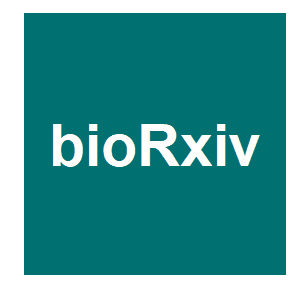Modeling the efficacy of CRISPR gene drive for schistosomiasis control

|
R. E. Grewelle, J. Perez-Saez, J. Tycko, E. K. O. Namigai, C. G. Rickards and G. A. De Leo,
bioRxiv,
2021.10.29.466423.
2021.

CRISPR gene drives could revolutionize the control of infectious diseases by accelerating the spread of engineered traits that limit parasite transmission in wild populations. While much effort has been spent developing gene drives in mosquitoes, gene drive technology in molluscs has received little attention despite the role of freshwater snails as obligate, intermediate hosts of parasitic flukes causing schistosomiasis — a disease of poverty affecting more than 200 million people worldwide. A successful drive in snails must overcome self-fertilization, which prevents a drive's spread. Simultaneous hermaphroditism is a feature of snails — distinct from gene drive model organisms — and is not yet incorporated in gene drive models of disease control. Here we developed a novel population genetic model accounting for snails' sexual and asexual reproduction, susceptibility to parasite infection regulated by multiple alleles, fitness differences between genotypes, and a range of drive characteristics. We then integrated this model with an epidemiological model of schistosomiasis transmission and snail population dynamics. Simulations showed that gene drive establishment can be hindered by a variety of biological and ecological factors, including selfing. However, our model suggests that, under a range of conditions, gene drive mediated immunity in snails could maintain rapid disease reduction achieved by annual chemotherapy treatment of the human population, leading to long-term elimination. These results indicate that gene drives, in coordination with existing public health measures, may become a useful tool to reduce schistosomiasis burden in selected transmission settings with effective CRISPR construct design and close evaluation of the genetic and ecological landscape.Competing Interest StatementJT and EKON were seed funded by the Merck Innovation Cup 2016 for research on schistosomiasis, and previously employed as external consultants to the Global Health Institute of Merck (KGaA) which produces treatments for schistosomiasis. REG and GADL were partially supported by the National Science Foundation's grants DEB-2011179 and ICER-2024383. More related to this: To reduce the global burden of human schistosomiasis, use ‘old fashioned’ snail control Gene drives for schistosomiasis transmission control Putting the brakes on CRISPR-Cas9 gene drive systems The promise and peril of CRISPR gene drives
|



